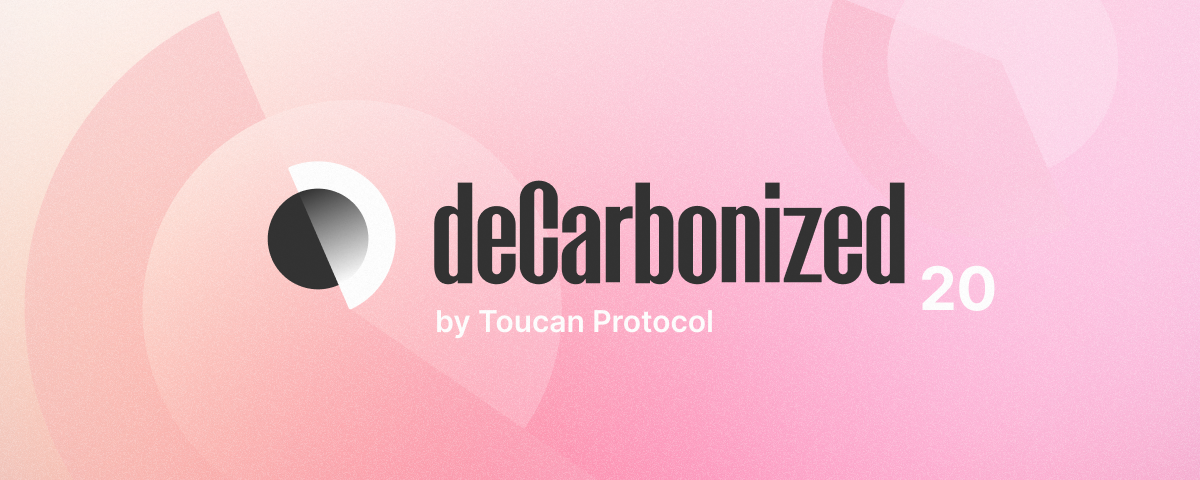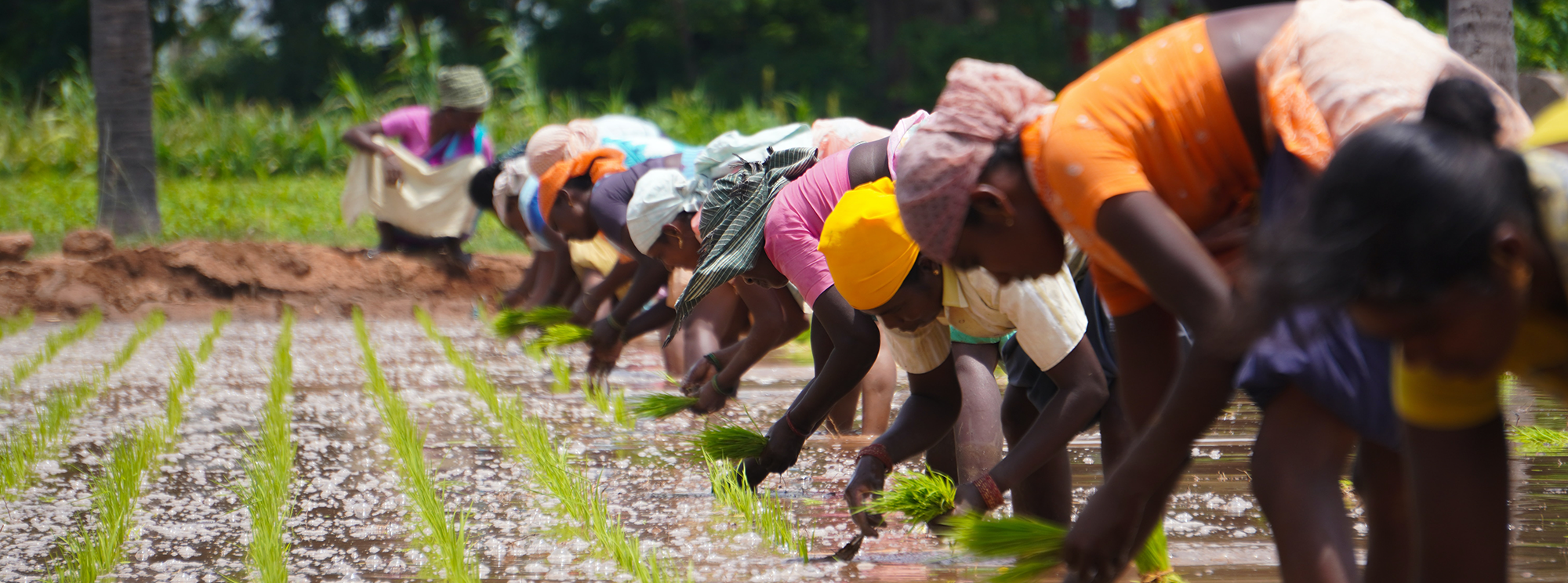deCarbonized #20: Carbon reduction deep dive; Carbon credits for India's farmers
American Carbon Registry develops new rules on carbon credit tokenisation; The Carbon Credit Quality Initiative launch new credit scoring tool

New carbon credit scoring tool; Qatar World Cup faces criticism regarding sustainability claims

💡 Spotlight story
India's farmers soon dipping into the carbon credit industry?
India is the second-largest global producer of food staples, and the country's farming industry sustains ~700+ million people. Agriculture majorly contributes to India's emissions – but it could also be the solution to reducing carbon and reaching net-zero by 2070, as pledged during COP26.
“Carbon farming” refers to sustainable farming practices that support carbon offsetting from soil carbon sequestration. These offsets are then sold, providing an additional income source to farmers. So far, agriculture-related carbon credits were centered in developed nations, as they need sophisticated technology, equipment, and information sources. But this has to change: Validation and verification processes of carbon credits must become simpler. And innovative technologies need to be distributed to small acreage farmers around the world, opening up possibilities to create carbon sinks out of farmland, as well as improve the farmers' economic situation.
A promising initiative is nurture.farm, a digital platform for sustainable agriculture. They’ve recently convinced 25,000 Indian farmers to decompose rice stubble on their fields rather than burn it – resulting in the prevention of over one million tonnes of carbon dioxide on 420,000 acres of land. Instead, nurture.farm distributed “PUSA”, a bio-enzyme that decomposes stubble and turns it into compost. The enzyme also brings co-benefits like enhanced soil quality and water-holding capacity, which reduces the fertilizers needed.
For India to achieve net-zero carbon emissions by 2070, agriculture will play a key role. Farmers need further access to technologies. They need to be educated on how to leverage carbon credit systems, and the carbon verification and validation process must be streamlined. The end-result is bright and promising – for the participating farmers as well as for the planet.
Read the full piece here.

📢 Top news picks
- American Carbon Registry follows Verra in developing new rules on carbon credit tokenization
- The Carbon Credit Quality Initiative launch new credit scoring tool
- Qatar World Cup criticized for ‘problematic’ carbon footprint promises
- China is likely to delay adding some of its most polluting industries to its carbon market to 2024
💵 If you’re a VC or interested in more investment news, check out the web3 for climate newsletter
⛓ Market action
Weekly carbon stats
Toucan Protocol is building carbon market infrastructure to finance the world's best climate solutions. These are our on-chain stats from 31.05- 06.06.22:

🦜 Want to learn more about Toucan? Join our Discord office hours - 5pm CET/11am ET Tuesday 24th May.
Carbon prices as of 06.06.22 and 7 day change:
BCT $2.04 (-4.23%) | NCT $4.49 (-2.6%)
NGEO $10.82 (-1.46%) | GEO $5.00 (+4.82%) | EU-ETS $87.09 (+3.7%)

🌟 Feature piece
Carbon reduction and removal for net zero
As markets for durable carbon removals have started to expand, there is increasing discussion over the role played by reduction and removal carbon credits in the journey towards net zero.
Our latest blog post seeks to understand this evolving landscape, exploring:
- 📉 Voluntary carbon markets (VCMs) and the Paris Agreement
- 💡 How reduction and removal credits differ
- ✨ Increasing popularity of carbon removal
- 🤝 Why both are needed for net-zero
The piece concludes that over the coming years, shorter-term reduction and removal credits will remain of key importance, while long-term removal technologies and methodologies will innovate and scale to 2050.
The current wave of support for high-integrity removal credits from large firms demonstrates a trend in supporting innovative climate solutions beyond just offsetting. The key factor in driving VCM climate action however, relates to credits being derived from high integrity projects, whether they reduce or remove carbon.
Check out the full piece here.

💼 Jobs board
- Product Marketing Lead, Credit Development & Trading, Radicle – Remote
- Government Relations Manager, Gold Standard Foundation – UK, Germany, or Switzerland
- Greater China Environmental Markets Correspondent, Carbon Pulse – Greater China
- Government Engagement Manager, Verra – Remote

Thank you for reading deCarbonized! 👏
Reach out to us on social and join the community ✨
Enjoy deCarbonized? Suggestions on what to cover next? Let me know! @DrHolWat
Toucan is building the technology to bring the world's supply of carbon credits onto energy-efficient blockchains and turn them into tokens that anyone can use. This paves the way for a more efficient and scalable global carbon market.

